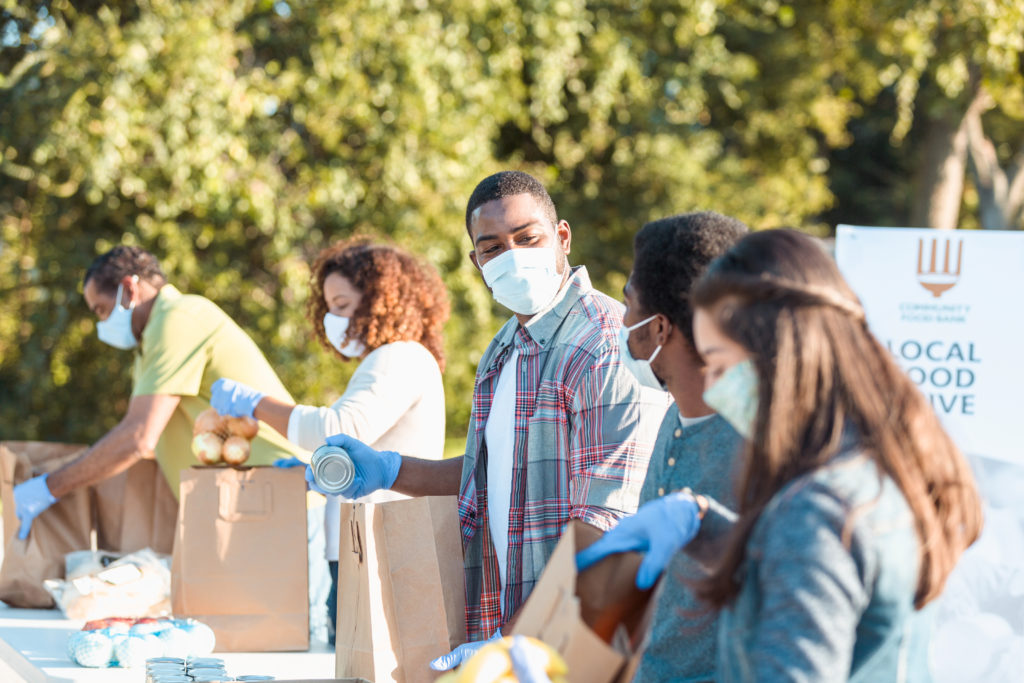Do you share health, social services, or other community information with partners?
Over the last decade, there’s been great progress in the number of providers sharing multi-sectoral health, social services, and other community data to improve individual and community-level health. Governments, philanthropies, not-for-profits, payers, healthcare systems, and other public and private enterprises are investing in data sharing to support the acceleration of technological platforms, data-sharing policies, and community collaborations. The promise of the data revolution to improve health and well-being and promote racial equity and justice is clear and has undoubtedly been tested during the COVID-19 pandemic.
During COVID-19, as communities within the United States faced both health and economic crises, data exchanged via community information exchanges, referral platforms, and resource guides helped keep many Americans sheltered, fed, and able to access critical benefits like no other time in modern history. Yet, for many communities, this sort of progress was and has been uneven, as data shows that COVID-19 exacerbated existing inequities within and across communities.
The potential of technological innovation and the speed at which it can be and has been developed, challenged by multi-sectoral demands during COVID-19 to meet the immediate and long-term needs of communities, tells us that it is important to examine how data commodities and infrastructures are being used, owned, shared, and governed by communities and for communities. Therefore, now more than ever is the moment for introspection and action.
As a starting point, we recently launched the “Rising Equitable Community Data Ecosystems (RECoDE)” project, which is a collaboration among data.org, Data Across Sectors for Health (DASH), Health Leads, and the National Alliance Against Disparities in Patient Health, and supported by The Robert Wood Johnson Foundation. The purpose of our initiative is to support the development and evolution of community data ecosystems with an equity-first lens. We aim to understand how to enable effective and meaningful data sharing to strengthen public health systems, expand access to critical social benefits, and improve individual and population health, while ensuring that communities have a voice in how these systems evolve. Throughout the year, we are engaging a range of community stakeholders in a series of conversations to co-create actionable recommendations based on the perspectives of diverse communities with lived experience across the country.
Community voices are rarely at the center of decisions about how data creates value. We have heard from national experts that the feedback loop is often broken- communities are asked to share data without a say in how that data is used, owned, or governed. To uproot systemic racism and address inequities in health outcomes, we need to center community voices in this work and hear directly from the people who know best how data can be used to create value within the communities they represent. The speed of innovation cannot override the long-overdue demands for genuine inclusion.
How can you help? We want to hear from you.
Today, DASH, on behalf of All In: Data for Community Health, is launching the 2021 National Inventory of Data Sharing Collaborations for Health. This nationwide survey will help to assess progress towards community data-sharing collaborations and help us identify critical areas for further exploration and support. If you are part of a health, social services, public health, or other community-based organization that collects and shares information, we want your voice at the table,
